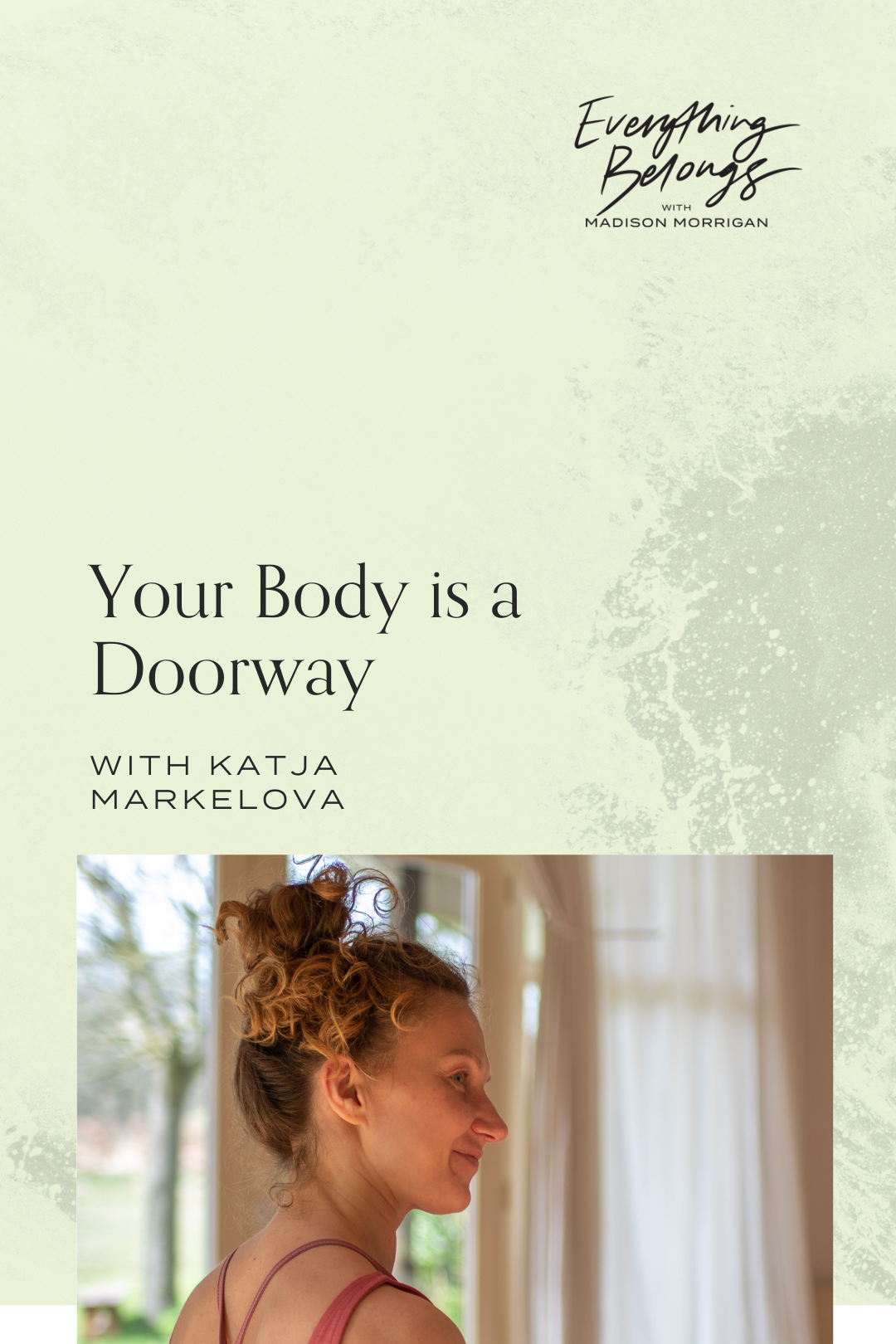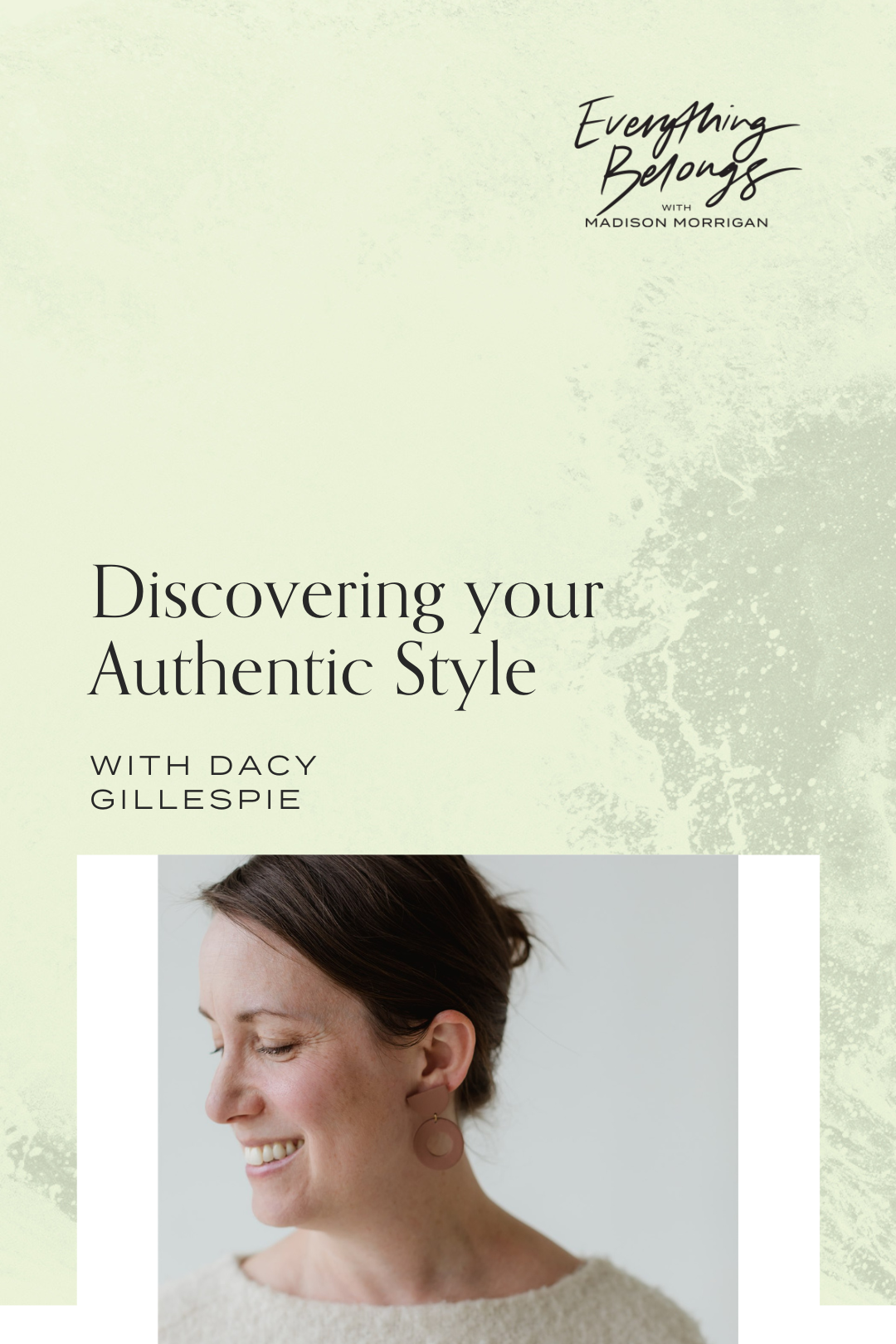Episode 87: Calling all People-Pleasers, Fawners and Appeasers with guest Luis Mojica
“When we’re fawning, the first thing to remember is that our bodies feel other bodies. The fawner has a nervous system that says, ‘You’re expressions are dangerous.’ ”
-Luis Mojica, The Everything Belongs Podcast
Today on the Everything Belongs Podcast, Madison is in conversation with Luis Mojica. Luis is a Somatic Therapist & Nutritionist. He specializes in teaching people how to heal trauma through listening and relating to their bodies. He uses whole food nutrition, self-inquiry, and Somatic Experiencing as tools to develop safety within the body. With over 15 years of experience, he has found that a deeper connection to the self and the world around us emerges from that state of safety. We learn how to stop avoiding our bodies and start relating to them. In this episode, Madison and Luis speak on a more compassionate and somatic lens of people-pleasing & fawning, the experience of deep disassociation getting worse even while in long-term therapy and other psychoanalytic work, and how this can all "hide" inside what we may believe is our personality and authenticity. If you have found yourself in the terms people-pleaser, fawner or appeaser, this conversation is for you.
Listen -
In this episode, we talk about:
A compassionate lens of people=pleasing and fawning
You are not the fawning mechanism
Psycho-analyzing versus somatic & biological healing
The experience of deep disassociation getting worse, even while in therapy and other psychoanalytic work
Knowing what you feel, yet not feeling what you feel
Luis's experience healing past trauma about the body by using the body
Fawning, Trauma-Responses and Integration
How fawning can "hide" as personality traits and identity
The very real experience of saying yes when we mean no and its roots in the body
What the desire for connection feels like when it is NOT a fawn response
A quick practice to check in with your capacity and how capacity can assist in attending to fawning and freezing
What is "decolonizing" the body











